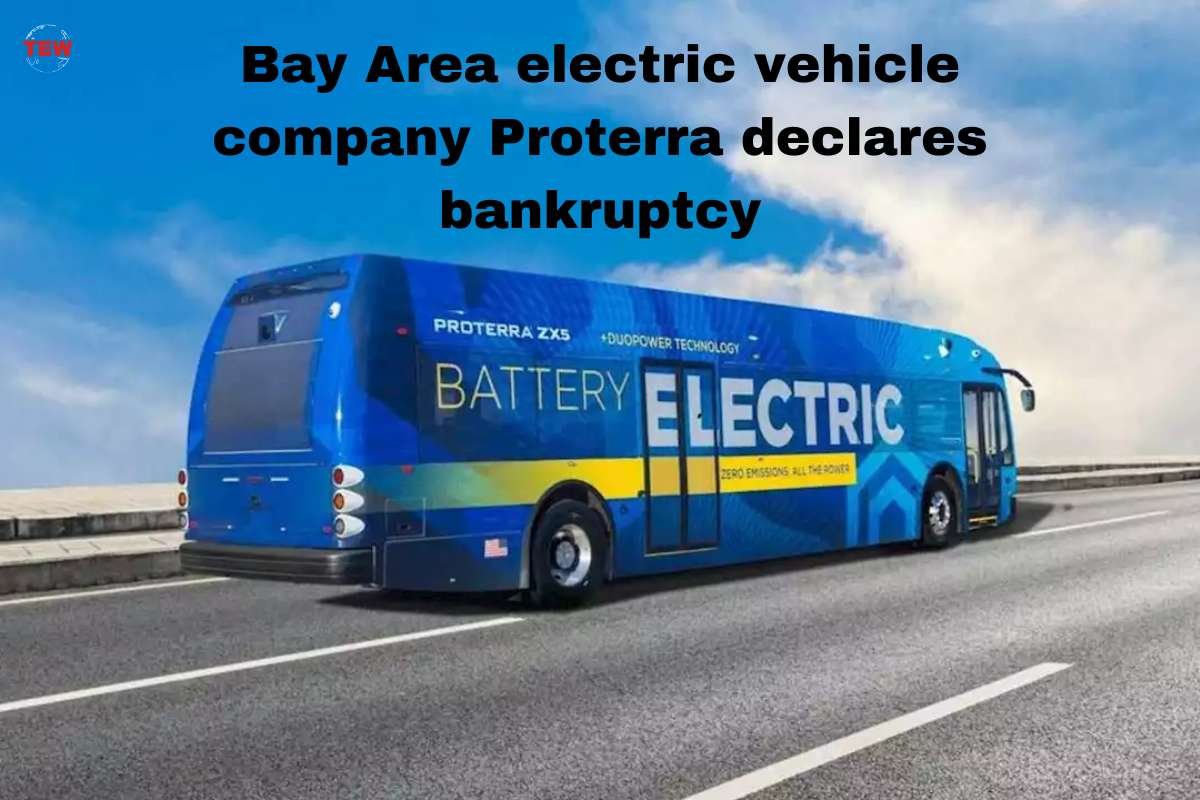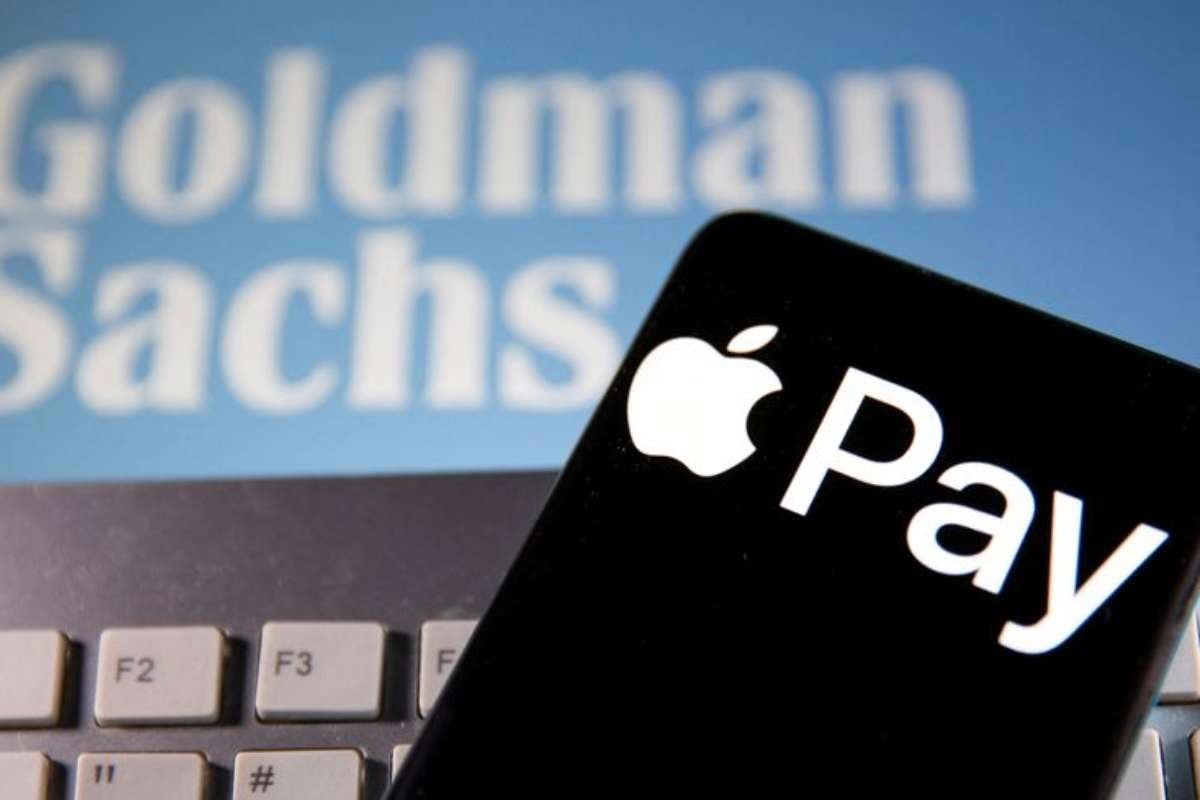TechCrunch originally referred to a Bay Area-based producer of electric vehicle, batteries, and charging stations as the “Tesla of electric buses”; however, the company has now filed for bankruptcy.
Proterra, an automobile technology company in the Burlingame, California, neighborhood of the Bay Area, which created battery-powered public transit buses, declared Monday that it had voluntarily filed for Chapter 11 bankruptcy but insisted that business would continue throughout the proceedings.
Producing market-leading solutions
“Proterra is at the forefront of the technological advancements fueling the electrification of commercial vehicles. As stated in the news release announcing the bankruptcy case, Proterra CEO Gareth Joyce remarked, “We know we’re producing market-leading solutions that our clients want and need. “We recognize the great potential in our product offerings to enable this important transformation. The foundation we have built has set the stage for decarbonization across the commercial vehicle industry as a whole.”
From about $17 per share when the company went public, the share price has dropped significantly. In the afternoon on Tuesday, the company’s shares were trading at just 17 cents. Proterra buses are a part of the fleets of the Muni system in San Francisco as well as the transit systems for Napa County, Santa Cruz County, and the city of Santa Rosa.
electric vehicle (bus) maker Proterra files for bankruptcy protection
Market and Macroeconomic headwinds
In June 2021, Proterra raised $640 million by going public through a special purpose acquisition company, or SPAC. This method has proven to be perilous for tech companies across Silicon Valley. Prior to its Nasdaq launch, the company had estimated its valuation to be roughly $1.6 billion. The business additionally hired executives with distinguished backgrounds: Ryan Popple, its late co-founder, and CEO, worked as a senior financial director at Tesla, while Josh Ensign, its former COO, previously held positions at both Tesla and manufacturing behemoth Honeywell International.
In a statement, Joyce explained the bankruptcy as being caused by “various market and macroeconomic headwinds,” which have been the main challenge for the tech sector over the past year. The company, he continued, would segregate its product lines throughout the bankruptcy process and concentrate on its business developing batteries for electric vehicles “for the benefit of our many stakeholders.” According to a Securities and Exchange Commission report from March, the company has only produced about 1,000 electric vehicle since 2010, despite the fact that bus sales are its main source of income.





